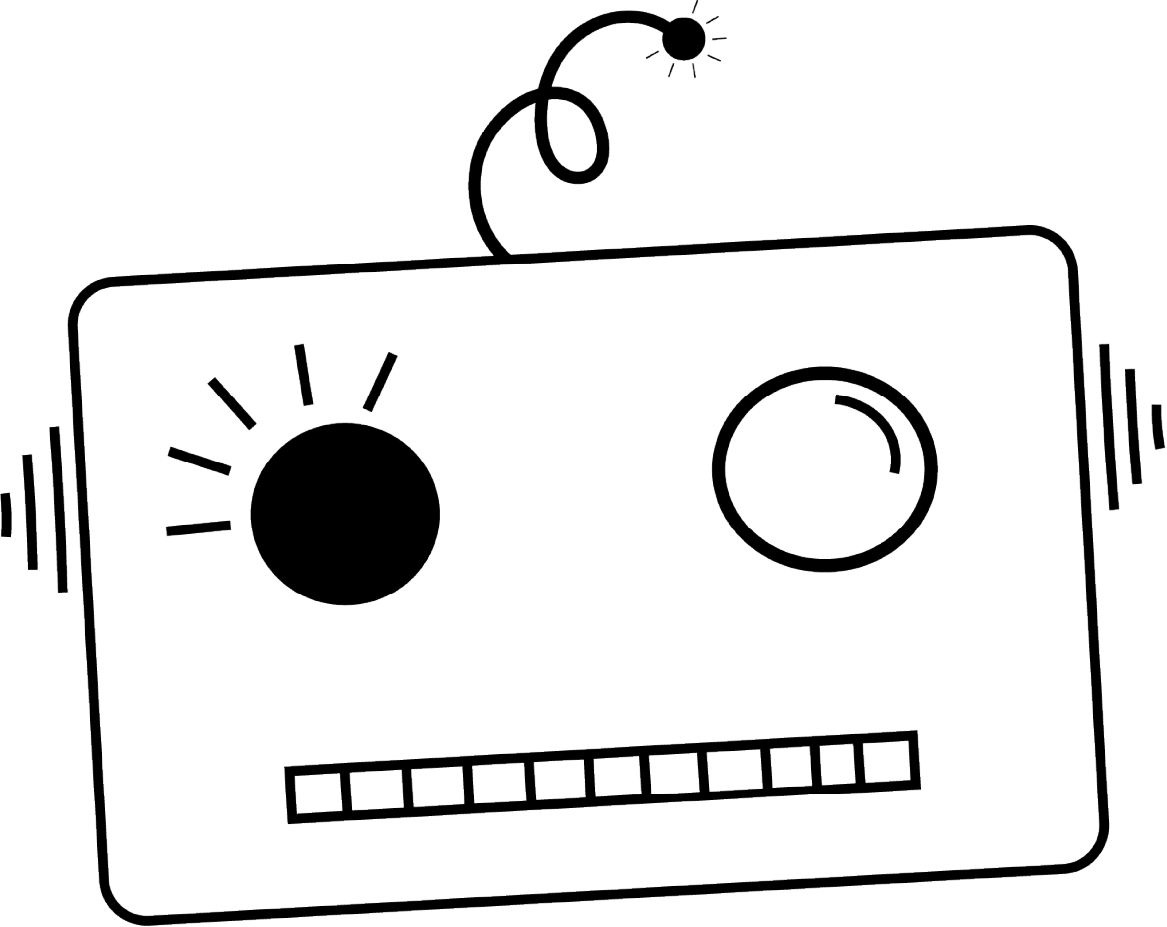Teaching
My Philosophy
I teach information design as both a practice and a way of thinking. My classes encourage students to connect theory with hands-on experimentation, to see how design decisions shape communication, trust, and collective meaning. I emphasize collaboration, critical reflection, and usability, giving students space to test ideas, learn from failure, and refine their work in dialogue with others.
At the core of my teaching is a commitment to putting people first. Whether through usability circles, decolonizing the reading list, or drawing in perspectives from community partners, I want students to see design not only as a technical skill but also as an ethical and social practice.
Courses
Full course details are available to enrolled students through D2L
“When in doubt, consult the syllabus. When not in doubt, consult it anyway.”
-
This course provides an introduction to information design through: (1) a historical context to the field within the broader Design discipline; (2) an overview of what it means to design and to be a designer; and (3) what have been, are, and perhaps will be the impacts of design(ing) on societies, cultures, communities, and the environment. Through lectures, discussions, readings, case studies, assignments, and activities students gain a foundational understanding of the many roles information and its design have played in the world, while considering information design’s increasing potential to become a positive agent of change.
-
*Not currently teaching this course
This course provides a foundational exploration of communication, design, accessibility, and analytical tools for information designers including basic programming techniques. In this course we emphasize practical engagement with the tools needed to be successful in your internships and out in the field of information design. We will cover communication and project management tools, design tools, and low-code/no-code digital tools with an emphasis on creating positive experiences for users. You will actively participate in projects that reflect practical challenges, fostering competencies in teamwork, individual skill development, and articulate communication. The course is structured to empower students with the “tools” to excel in the evolving field of information design, with a focus on collaboration, adaptability, and innovative problem-solving.
-
Study of the relevant research and practical application of usability testing as part of product development. Students will address complex information design issues and problems. The course includes strategies for planning, conducting, and analyzing usability tests. Teams design and conduct a usability evaluation and report results. The course places a strong emphasis on moderation skills and analysis of qualitative and quantitative data.
-
This course is a survey of qualitative design research methods. Students gain experience in selecting and using core research methods in design through hands-on exercises and real-world projects.
-
*Not currently teaching this course
This course builds on the work completed in previous information design prerequisite courses but places it in the context of interactive media. Emphasis is on problem-solving for the design of human-computer interfaces and visual communication for interactivity, including page and navigation design, task-driven versus information-driven approaches, and interactive data visualization.
Student Research Opportunities
I supervise students in the BComm Honours Program and often work with research assistants on projects connected to information design, emerging technologies, and the social impacts of AI. These collaborations range from usability research and design critiques to larger studies on media systems, autonomy, and public trust.
Positions are not regularly posted, but if you are curious about what this work looks like, you can explore my research page for examples of current projects.
If you are a student interested in getting involved in the future, my research page should give a sense of where your own contributions might fit in. Please reach out by email.



